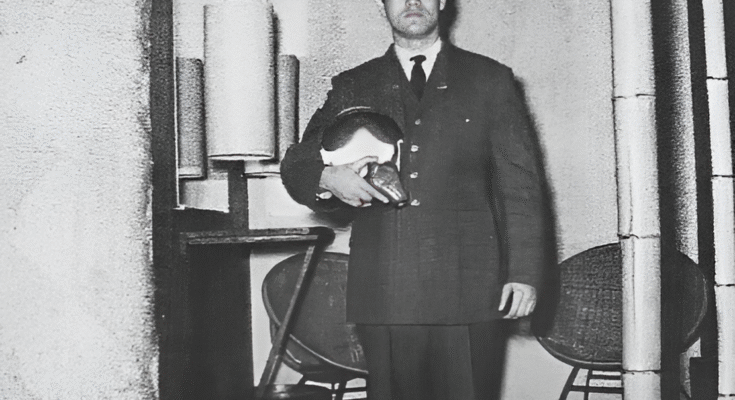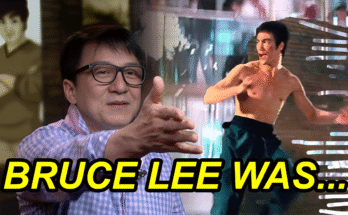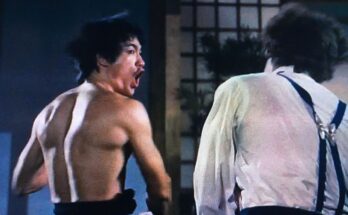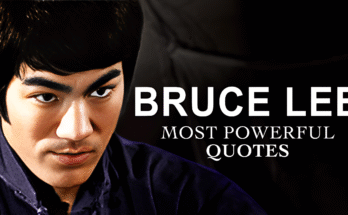Before Bruce Lee became a global symbol of martial arts mastery and cinematic legend, he was a man of many roles — each as impactful as the next. His career, though tragically cut short at age 32, was filled with groundbreaking achievements across multiple industries. From martial arts dojos to Hollywood sound stages, Bruce Lee redefined what it meant to be a modern action hero.
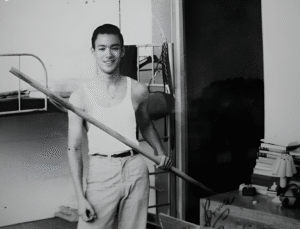
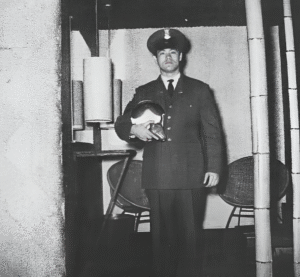
A Martial Arts Innovator
At the heart of Bruce Lee’s identity was his passion for martial arts. Lee trained in Wing Chun under the legendary Ip Man in Hong Kong, later developing his own hybrid philosophy and fighting system: Jeet Kune Do, or “The Way of the Intercepting Fist.” Unlike traditional martial arts bound by rigid forms, Jeet Kune Do emphasized adaptability, efficiency, and real-world application — ideas that would come to define Lee’s personal and professional philosophy.
Lee opened martial arts schools in Seattle, Oakland, and Los Angeles, where he taught his unique system to students of all backgrounds — including celebrities like Steve McQueen, James Coburn, and Kareem Abdul-Jabbar. His inclusive teaching approach challenged long-standing traditions in the martial arts community and opened doors for cross-cultural training.
A Star on the Big Screen
Bruce Lee’s breakout came not just in the dojo but also in front of the camera. Though he started as a child actor in Hong Kong films, his international fame took off in the early 1970s with a string of martial arts hits, including:
-
The Big Boss (1971)
-
Fist of Fury (1972)
-
The Way of the Dragon (1972) — which he also wrote and directed
-
Enter the Dragon (1973) — the first major U.S.–Hong Kong co-production
-
Game of Death (1978, released posthumously)
Lee’s impact on cinema was seismic. He brought authentic martial arts to the mainstream, blending action with philosophy and turning hand-to-hand combat into cinematic poetry.
A Deep Thinker and Philosopher
Few fans know that Bruce Lee also studied philosophy at the University of Washington. His intellectual background heavily influenced his martial arts style and personal outlook. He penned numerous essays and letters exploring themes of identity, freedom, and self-expression, many of which were compiled into the posthumous book Tao of Jeet Kune Do.
“Absorb what is useful, discard what is not, add what is uniquely your own,” he famously wrote — a mantra that extended far beyond the martial arts world.
Behind the Scenes: Director, Choreographer, and Entrepreneur
Lee was more than just a leading man. He worked behind the camera as a director, screenwriter, producer, and fight choreographer, meticulously crafting the legendary fight scenes that would become his trademark. He also contributed as a stuntman in earlier Hollywood productions and served as a technical consultant to ensure realistic combat on screen.
As an entrepreneur, Bruce Lee’s vision extended to promoting martial arts globally. His business acumen, combined with a relentless drive for perfection, helped transform his name into a worldwide brand — one that continues to thrive decades after his passing.
A Legacy That Transcends Time
Bruce Lee’s professional life defied categorization. He wasn’t just an actor or a martial artist — he was a cultural pioneer, philosopher, educator, and visionary. He shattered racial barriers in Hollywood, redefined martial arts cinema, and inspired millions with his dedication to physical and mental mastery.
In short, Bruce Lee’s job wasn’t just one thing. His life’s work was a blend of passion, purpose, and power — and the world is still feeling its impact today.
